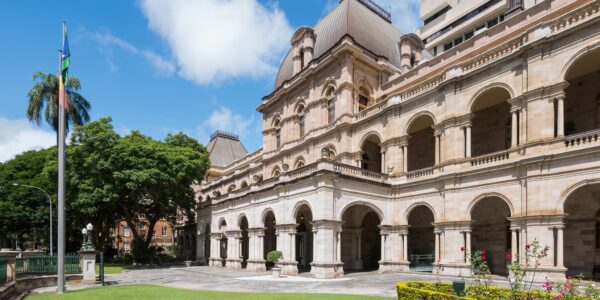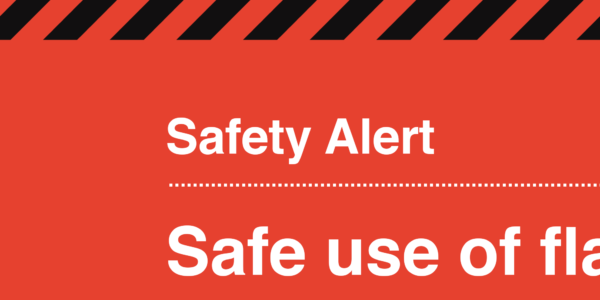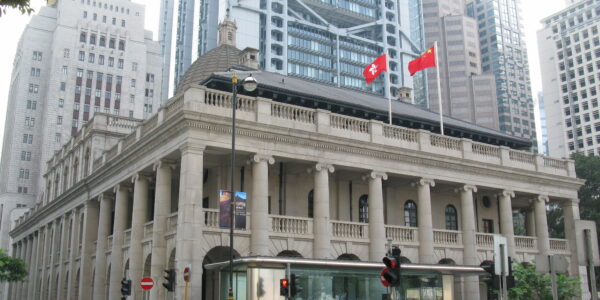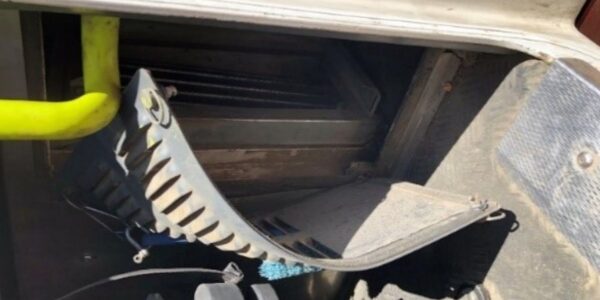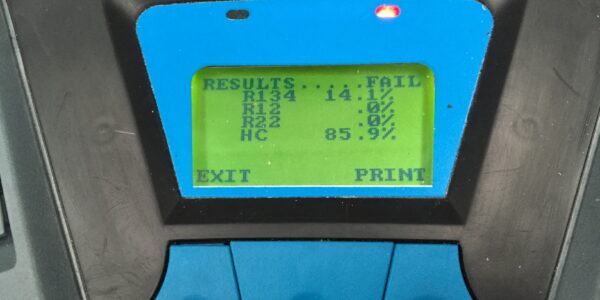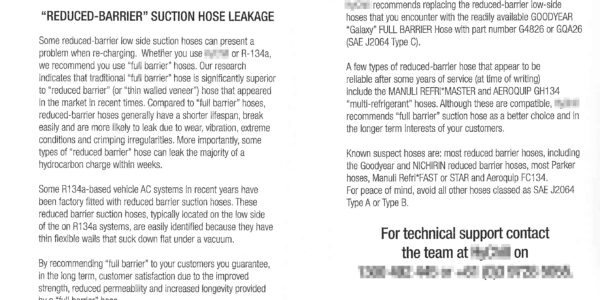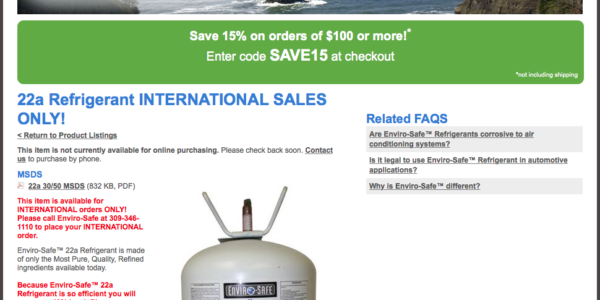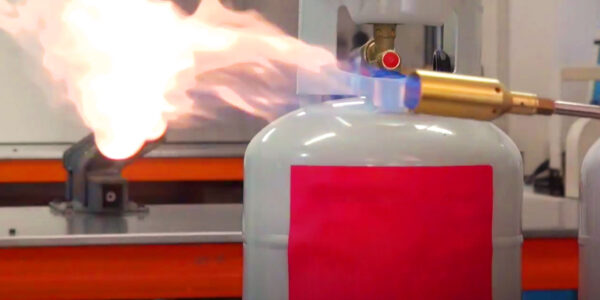$150K fine for deadly Singapore HC blast
- PostedPublished 21 May 2016
An investigation into a fatal August 2012 hydrocarbon refrigerant blast in Singapore has concluded, with the employer of the killed worker and their two injured colleagues fined $S150,000 ($A146,200).
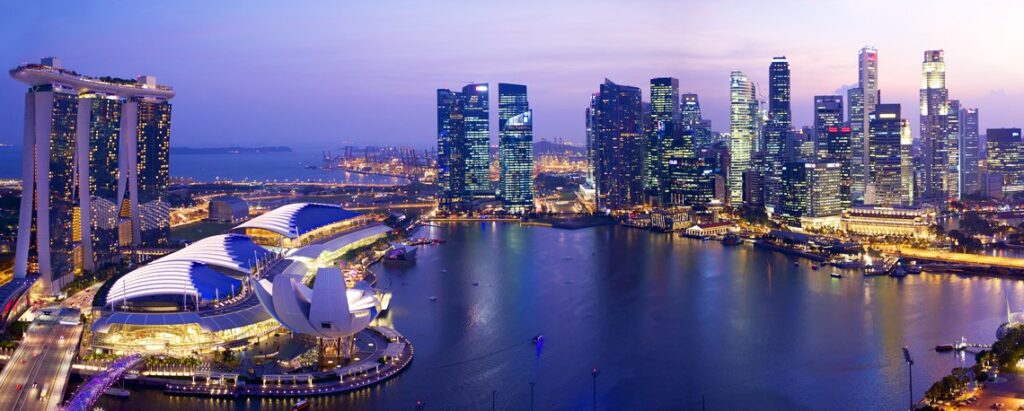
In a cruel irony, the workers were called to the job because Singapore authorities had issued notice of their intention to ban the use of hydrocarbon refrigerants on safety grounds and the customer wanted the highly flammable gas removed from its air conditioners.
The team performed a chemical flush of the system and vented the hydrocarbon refrigerant using hoses leading outside the building but made the deadly mistake of trying to speed the process by opening additional valves that allowed gas to enter the room.
One of the workers then switched on a vacuum cleaner to clean up waste water – which the coroner surmised to have caused the spark that ignited the gas.
Following the blast, all three workers fled the building and were taken to hospital suffering burns. The operator of the vacuum cleaner died four days later.
The coroner determined that the workers did not understand the dangers of hydrocarbon refrigerants, while the investigation concluded that employer Sing Wah Enterprise had not performed a risk assessment or provided safe work procedures for the task it assigned to them, such as recovering the refrigerant to cylinders rather than venting it.
According to Singapore newspaper Today, Ministry of Manpower prosecutor Delvinder Singh described Sing Wah’s approach to the job as “cavalier”.
“It could have been mitigated with proper safety procedures … the level of control and accountability was not there,” he said.
“No refrigerant should be released into the external atmosphere and proper ventilation should be in place before the commencement of such works.”
In addition, the workers were not supplied a materials safety data sheet for the refrigerant they were sent to remove and the vacuum cleaner was not of a suitable spark-proof design for use in explosive environments.
Sing Wah’s defence council asked the district court to impose a lenient fine because it had already paid compensation of $S350,000 in medical and repatriation expenses. They were successful, as breaching Singaporean workplace health and safety regulations carries a maximum fine of $S500,000.
By the end of this year, the use of hydrocarbon refrigerants will be banned in most stationary and mobile air-conditioning systems, including supermarket and food distribution/storage cool rooms and industrial process refrigeration.
- CategoriesIn SightGlass
- TagsFlammable refrigerants, Hydrocarbon refrigerants, Regulatory, SightGlass News Issue 6

